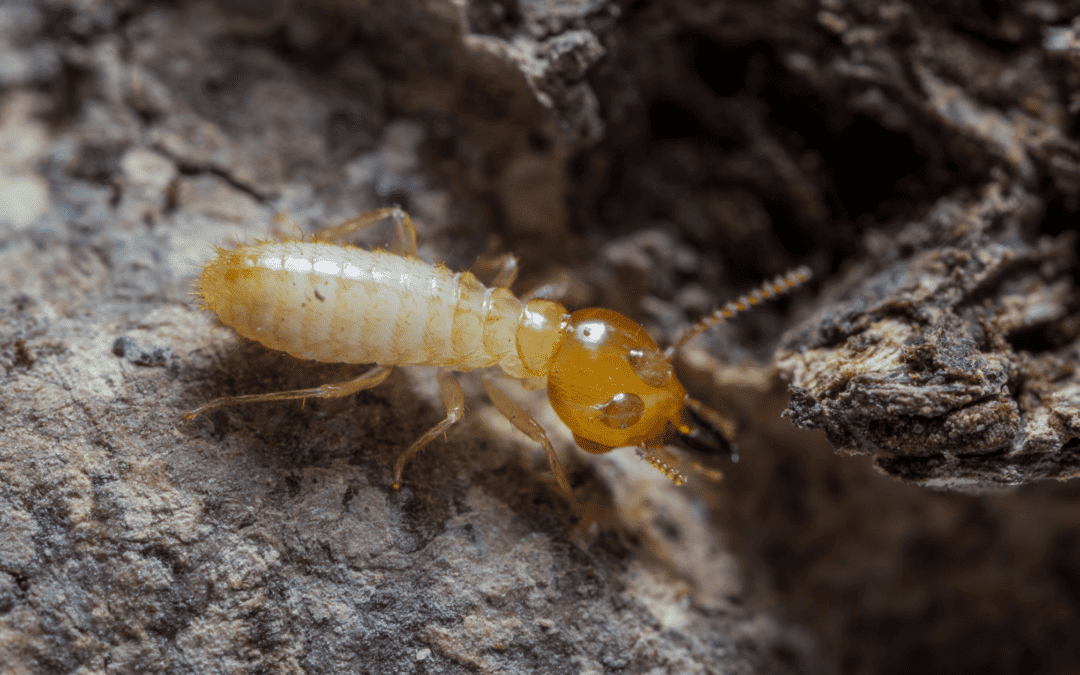Winter in Georgia may bring chilly temperatures, but for homeowners, it’s no time to let their guard down, especially when it comes to termite control. Contrary to popular belief, termites can remain active during the colder months, making it crucial to stay vigilant year-round. In this blog post, we’ll explore the types of termites found in Georgia, the concept of a termite season, signs of a termite infestation, and essential tips for prevention.
Types of Termites in Georgia
Georgia is home to several termite species, with the most common being Eastern Subterranean Termites, Formosan Subterranean Termites, and Drywood Termites. Each type poses its own set of challenges for homeowners, making termite control a necessity.
Is There a Termite Season in Georgia?
While many associate termite activity with warmer months, Georgia’s mild climate means that termites can remain active throughout the year. There might be a slight slowdown in winter, but it’s a mistake to assume that termites take a complete hiatus. In fact, their activity might even go unnoticed, making it crucial for homeowners to be proactive in their termite control efforts.
Signs of Termites in Your Home
Detecting termite activity early is key to preventing extensive damage. Keep an eye out for the following signs:
- Mud Tubes: Subterranean termites build mud tubes to travel between their nest and food source. Check for these on your foundation or in crawl spaces.
- Swarmers: Reproductive termites, or swarmers, may emerge in large numbers during the spring. However, some species, like the Formosan termites, can swarm in the winter.
- Wood Damage: Look for hollow-sounding or damaged wood, as termites consume wood from the inside out.
- Discarded Wings: After swarming, termites shed their wings. Piles of discarded wings near windows or light sources can indicate an infestation.
Termite Prevention Tips
Prevention is the best defense against termites. Here are some tips to protect your home:
- Moisture Control: Termites are attracted to moisture. Ensure proper ventilation and address any leaks promptly.
- Regular Inspections: Schedule regular termite inspections to catch any infestation in its early stages.
- Wood-to-Ground Contact: Avoid direct wood-to-soil contact in and around your home.
- Remove Wooden Debris: Clear away dead trees, stumps, and other wooden debris from your property.
- Professional Treatment: Enlist the help of a professional pest control company for regular termite control treatments.
Don’t wait until it’s too late. Safeguard your home from termite damage by requesting a free termite control quote from our experienced team. Our experts are ready to assess your property, identify potential risks, and implement effective termite control measures tailored to your needs.
In conclusion, termites in Georgia don’t take a winter vacation. Stay informed, remain vigilant, and take proactive steps to protect your home from these silent invaders. Contact a professional pest control company today for a comprehensive termite control solution and ensure your home stays termite-free year-round.

